
TFI’s Immigration Co/Lab

In December, the Tribeca Film Institute wrapped up its Immigration Co/Lab with a beautiful showcase that left many in the audience in tears. Let’s take a look at the journey that got us there.
The Co/Lab (collaboration and community) is a new program funded by the Time Warner Foundation that provides local communities with the knowledge and resources needed to construct their own stories. The first edition in 2016 focused on Detroit. This year, we brought the Co/Lab home to NYC and made a point to join the burning national conversation on immigration.
Over the past few years, we have seen a significant rise in new media, interactive media, and tech-based media. But while issues of immigration have been addressed through the lens of these new and emerging practices, oftentimes the creators and the intended audience do not identify with the experience of migration and relocation. By emphasizing community-based empowerment — stories told by the community for the community — the Immigration Co/Lab aimed to flip that narrative.
We kickstarted the lab with a conversation about immigration from different points of view. Mary Madden moderated the conversation, and she was joined by immigration attorney Talia Peleg, who spoke about the state of immigration through the lens of some of the case studies she has worked on; Mohammad Khan, the campaign director for MPower Change, spoke about grassroots activation and how to collectively stand together against injustice. Artist/activist Marisa Jahn spoke about deploying design thinking and new media tools to tackle social issues, while Radhika Subramniam — the Director/Chief Curator of the Sheila C. Johnson Design Center at The New School — spoke about the ways animal migration shapes human migration. Finally, Leslie Martinez, who was also a participant in the lab, spoke about the evolution and impact of Hack the Ban.
The lab started on Thursday and ran for three days, from 9:00 am until 10:00 pm. There were five teams, each with six participants, who included recording artists, journalists, storytellers, filmmakers, designers, technologists, and educators divided into different teams based on their interests. They worked nonstop in this high intensity, high-stress, collaborative environment. They pushed through challenges and worked through fires to create some spectacular prototypes for projects.
Below you can read the teams’ statements about the project prototypes. We had a few onsite mentors — Mohini Dutta, Ben Norskov, Haitham Ennasr — who joined us for the duration of lab and helped us push the teams to the finish line. Jahn and Gabriel Gianordoli also joined us on one of the days to share their expertise. The collective energy and kindness in the space was very palpable and it all really shined through during the Interactive Showcase.
Projects
COYOTEK
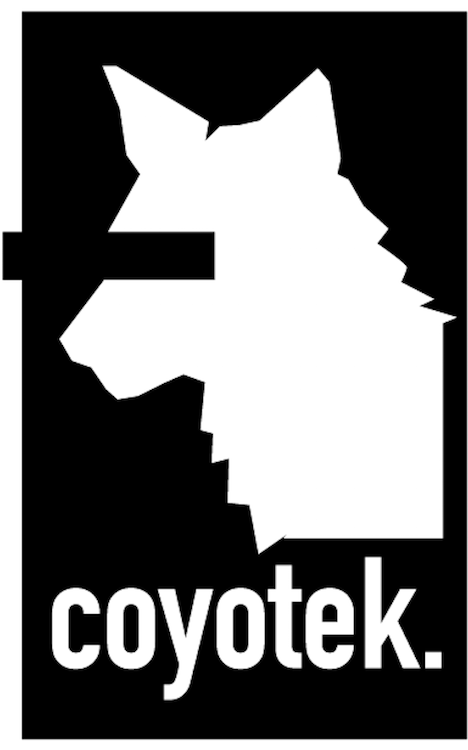
This speculative web marketplace would be used as a tool not only to create things, but to share narratives. We are using product design to materialize the real human stories behind what being a constantly surveilled immigrant means. These products are not solving a problem, but their concept is thought to disturb how surveillance has been normalized in today’s society. COYOTEK is an alternate narrative, a slightly extreme version of our reality born to bring a more human approach to the effects of surveillance on immigrants nowadays.
Team: Oscar Salguero, Sarah Aoun, Francesca Rodriguez Sawaya, Raul Paz-Pastrana, Shubhra Prakash, Hala Hassan
IMOX (ee-moh-sh)
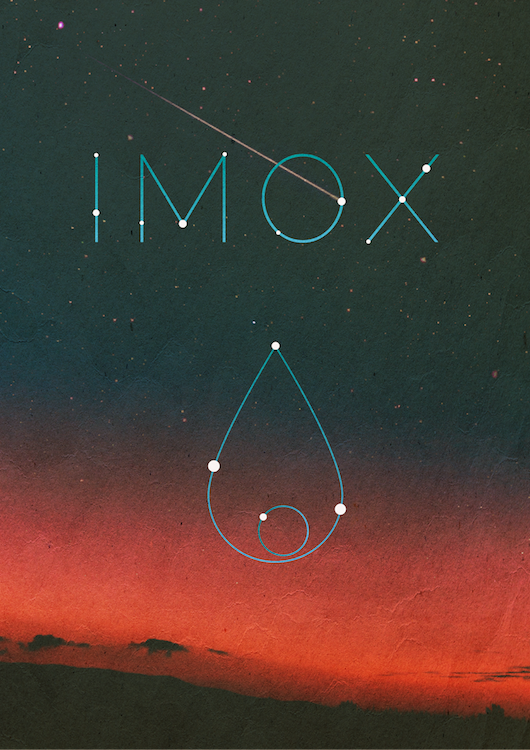
A 360-immersive experience, as we embody a water droplet through its migration journey while it crosses the desert and encounters hostility at a man-made border. Leaning on the memory of our origins as rivers and oceans, we call upon our histories to help us overcome adversity.
Team: Sultanali Barodawala, Frisly Soberanis, Peter Pa, Mehtap Aydın, Marco Antonio Castro, Jess X. Snow, Leslie Martinez
SHOW ME YOUR PAPERS
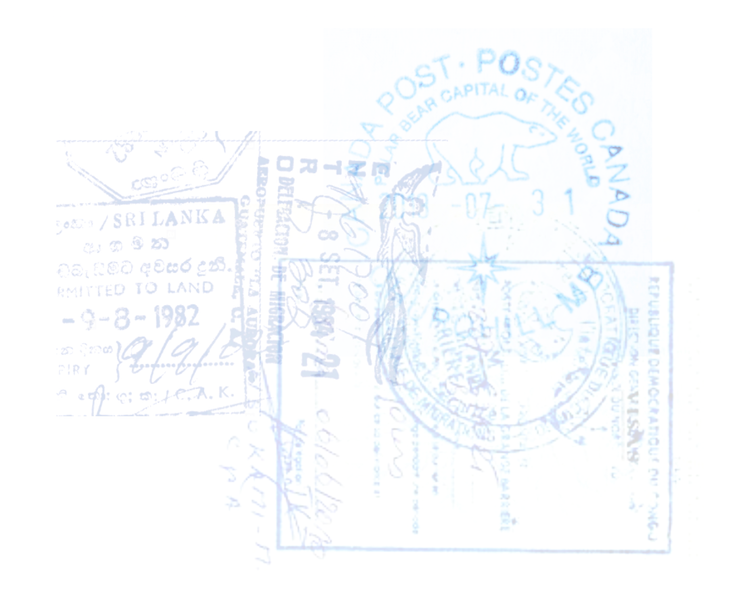
An interactive art and augmented reality experience exploring the relationship to our papers.
Team: Molmol Kuo, Sana Malik, Lilian Mehrel, Razan El Saleh, Armando Somoza, Layqa Nuna Yawar
PRODUCTION OF THE OTHER
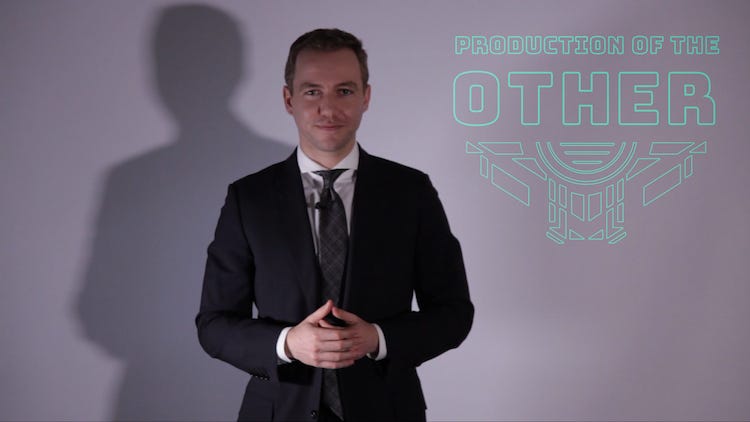
A satirical installation that invites participants to bear witness to the process of discrimination by reproducing the means of how groups of people are “Othered.”
Team: Kayem (Khaled Ahmed), Hena Ashraf, Dania Bdeir, Anthony Bui, Mala Kumar, Angel Lopez
UNCERTAIN TRAP
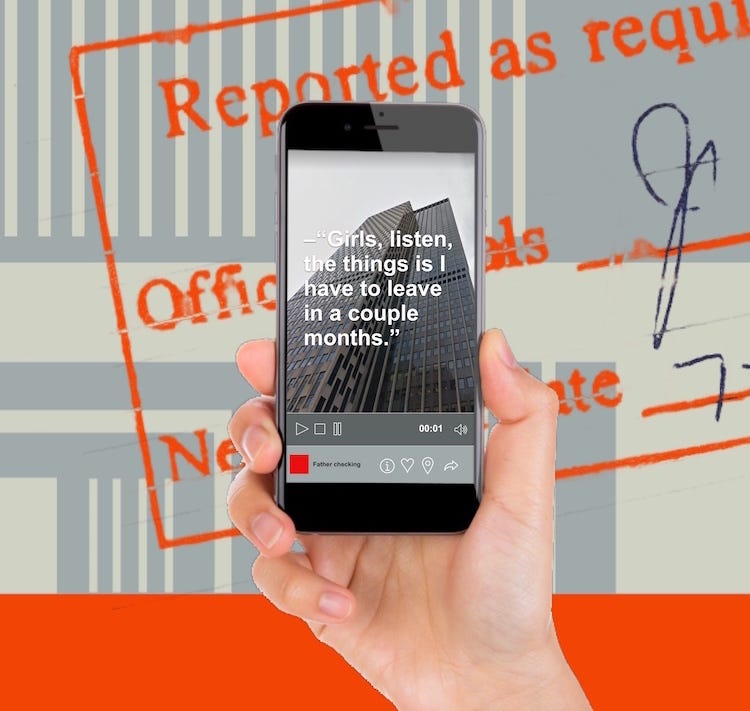
26 Federal Plaza. For years immigrants passed through these doors for regular check-in appointments with immigration agents to avoid deportation. Everything changed when President Trump took office. Check-ins are now ground zero for a new era of deportation. To enter or not? To enter may mean never walking back out, to skip means becoming a fugitive. Two million immigrants across the country must make this agonizing decision. Uncertain Trap makes a largely invisible crisis visible by inviting New Yorkers to use augmented reality to explore the collected stories of immigrants cruelly arrested during their check-ins at the physical location of 26 Federal Plaza. The interactive event asks participants to partake in a collective action of interrogation of the state and show solidarity with our surveilled, incarcerated, and deported community members.
Team: Fred Diego, Alicia Nieves, Alvaro Morales, Azul Ceballos, Keka Marzago, Brian Oh
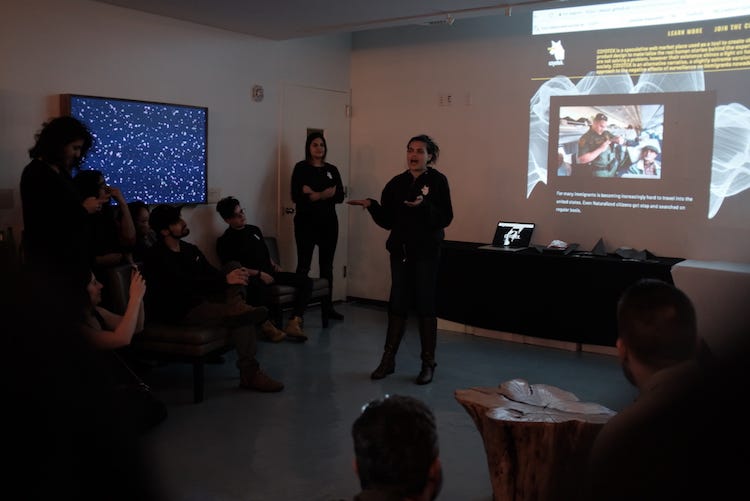
These five projects stem from personal experiences that tied many of the participants together. At the end of the lab, one of the participants spoke about how during this lab it felt like we were all on the same team — and that in of itself was a powerful occurrence. The organizers — myself, and Roula Gholmieh — the panelists, the teams, and the mentors all identified with the experience of immigration in its multiple dimensions.
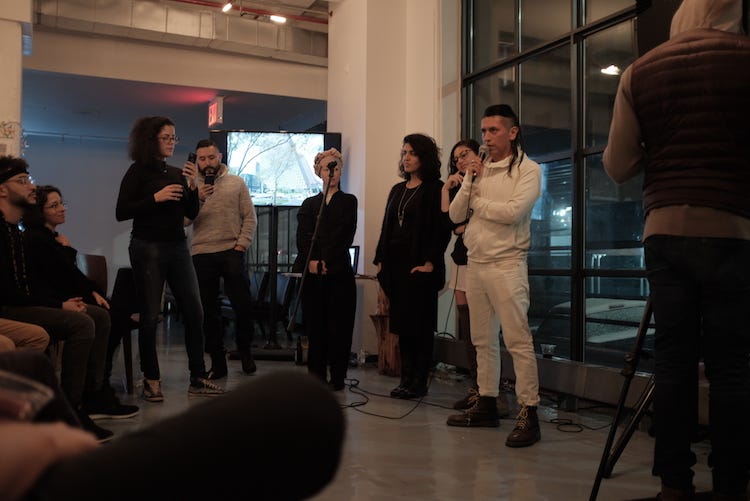
Earlier in 2017, we hosted an Inclusion Council where we invited funders, peer organizations, and creators to have honest conversations about gender and racial equity. The biggest takeaway for us was that we wanted to create programs that are successful models of what is possible in terms of change. We focused our takeaways on this lab, and towards the end when the projects presented and people in the audience were in tears, we knew that something special had happened.
An earlier version of this post appeared on the Tribeca Film Institute blog.
Immerse is an initiative of Tribeca Film Institute, MIT Open DocLab and The Fledgling Fund. Learn more about our vision for the project here.